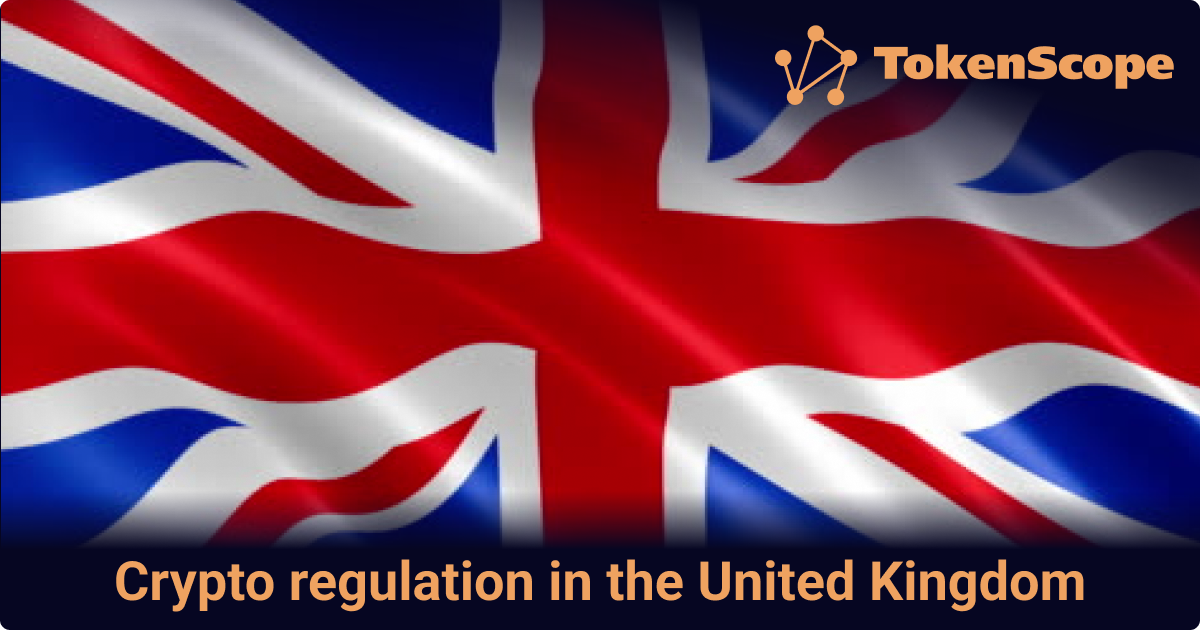New South African rules for crypto exchanges

Cryptocurrencies are not considered legal tender in South Africa as they are not issued nor controlled by a central regulatory authority. There is no single piece of legislation that regulates crypto assets in the country, but various statutes impose legal obligations on their holders, including the Income Tax Act of 1962 and the Exchange Control Regulations of 1961. Nevertheless it is not prohibited to use cryptocurrencies as a payment method in South Africa and many people hold crypto for savings. However, the use of cryptocurrencies as a means of payment is not yet widespread in the country. The South African Reserve Bank (SARB) has confirmed that it doesn't plan on banning or restricting the use of cryptocurrencies, but policymakers are worried that they can be used to transfer funds illegally out of the region and to circumvent local rules to prevent capital outflows.
The legal framework for digital assets is still in the process of development. We have already reported that the local financial watchdog, the Financial Sector Conduct Authority (FSCA) on October 20, 2022 established that bitcoin and other crypto assets are a financial product and subject to FSCA regulations under section 1(h) of the Financial Advisory and Intermediary Services (FAIS) Act.
According to the FSCA notice, a crypto asset is «a digital representation of value» that can be electronically traded, transferred, and stored but is not issued by a central bank. Additionally, it «applies cryptographic techniques» and uses distributed ledger technology. It is also stated that cryptocurrency firms must apply FSCA for a license between June 1 and November 20, 2023, in order to operate legally. The license must be obtained by all types of VASPs except miners and node operators performing functions in respect of the security and health of the network as well as persons rendering financial services in relation to non-fungible tokens.
The urge for digital assets regulation arose in the aftermath of the release of the FATF mutual evaluation report in 2021, which highlighted the lack of crypto assets regulation in South Africa, especially in consideration of AML/CTF laws. It was pointed out that country’s VASPs were not classified as financial institutions under local AML/CFT laws and were not required to be registered with the national Financial Intelligence Unit. As one of the priority actions to bridge this gap it was recommended for the country to ensure that all VASPs are subject to AML/CFT obligations unless they pose proven low risks.
From June 1, all VASPs in the country must register as required by the FAIS Act and the Financial Intelligence Centre Act (FICA) to comply with the regulations. The FAIS Act, which was not originally made for the digital world, will be used as a starting point for regulating crypto assets in South Africa. It requires that competent and qualified persons render services and give advice so that clients receive sound financial advice, services, and products that best suit their individual needs.
Those VASPs that fail to register for a license by the deadline may face a punishment of up to 10 million South African Rand ($510,000) and up to ten years of imprisonment. The consequences for failing to register for a license are severe, and crypto companies are advised to comply with the regulations to avoid fines and other penalties.
In South Africa, profits from cryptocurrency investing and trading activity are subject to tax. Crypto profits subject to capital gains tax are charged a maximum effective 18% tax rate, on gains above 40,000 ZAR ($2,056) annual exclusion threshold, depending on a person’s total taxable income. Cryptocurrency transactions such as mining, staking, airdrops, and hard fork proceeds are considered income and are taxed at rates ranging from 18 to 45%. The South African Revenue Service (SARS) considers and taxes cryptocurrencies such as Bitcoin to be "assets of an intangible nature" as opposed to currency or property.
South Africa has shown a growing interest in cryptocurrencies over the years, with many people investing in the industry. Many global crypto exchanges operate legally in the country alongside with national ones such as OVEX or VALR. Now the country has a supportive regulatory environment, which continues to evolve.
The future of cryptocurrencies in South Africa is expected to be regulated, and new rules, such as for non-fungible tokens, are expected to be introduced in the future. The economic conditions in the country are another critical factor that may affect the development and adoption of cryptocurrencies as they offer a potential solution to some of these challenges with their decentralized and borderless nature.




